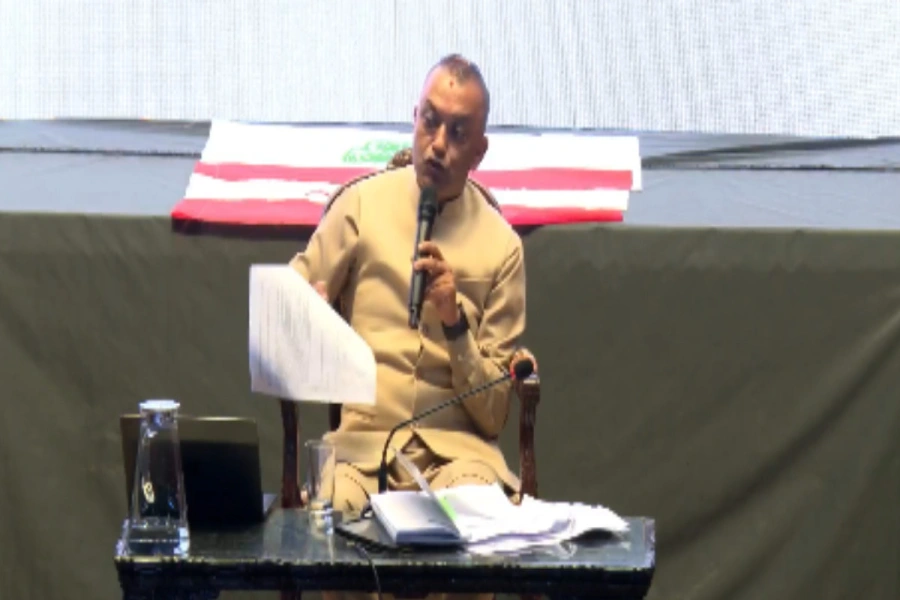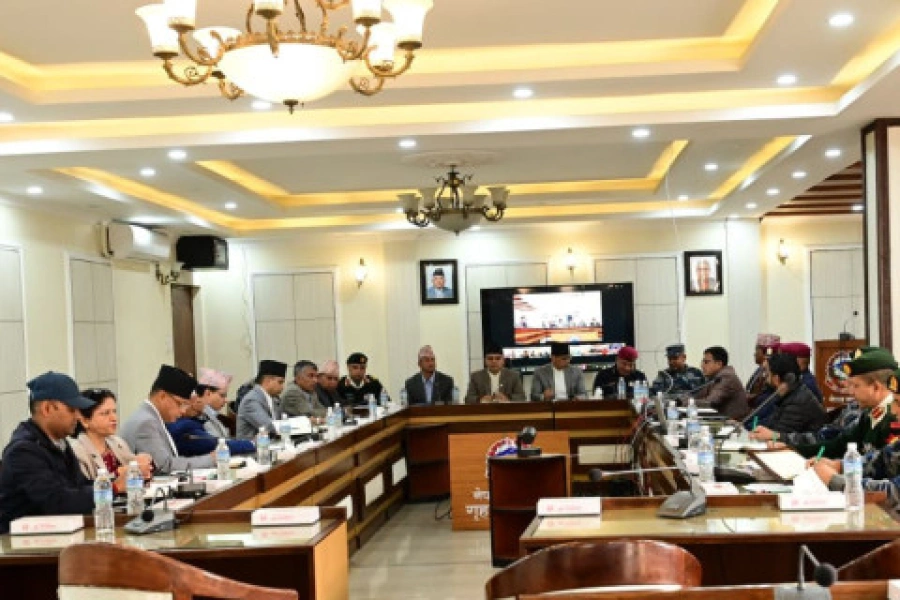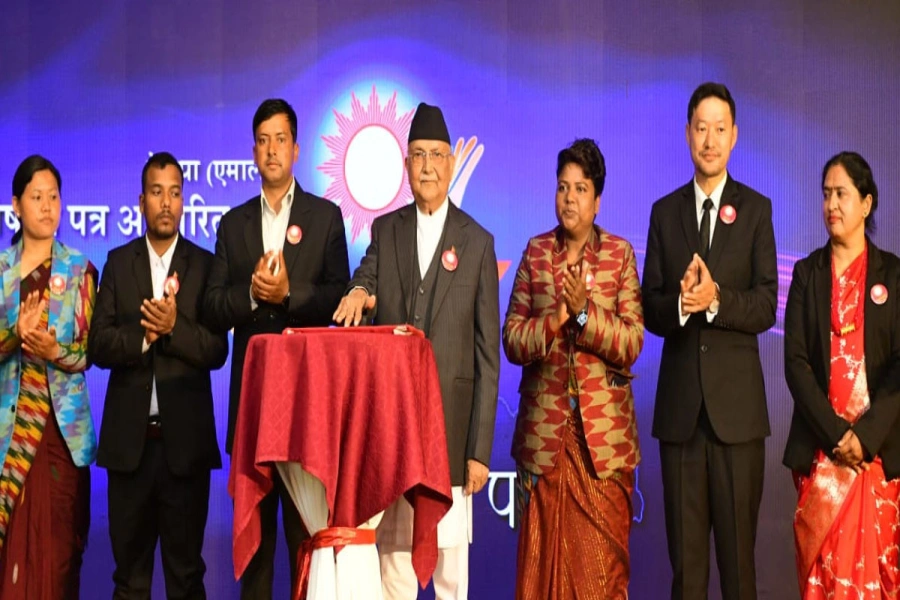The government’s fiscal performance during this fiscal year tells a familiar yet disheartening story. With less than two months remaining, both revenue collection and expenditure have fallen short of our expectations. The report from the Financial Comptroller General's Office has revealed a widening gap between sectoral targets and actual performance, as only 64 per cent of the targeted revenue has been collected, while capital expenditure has not crossed 33 per cent. These figures have exposed inherent flaws in the planning, execution and monitoring of public finance. To meet its original revenue targets, the government will need to raise over Rs 500 billion in just eight weeks. Also disheartening is the fact that capital expenditure is so low that even the revised targets seem out of the government’s grasp. These missed targets are not an outcome of the mistakes caused during this fiscal year but are inherent weaknesses in our authorities, who have formed a habit of inflating budgets without having real capacity or readiness to achieve targets.
While failure to meet the revenue collection and public expenditure have caused strains on the national budget, the ballooning of public debt continues to be another serious concern. More than Rs 264 billion was used this year alone to pay debt, which is twice the amount spent on capital creation. Borrowing loans sometimes is necessary, but using them to repay older debts offers no solution for having the desired level of economic growth. Here, the government needs a more realistic approach – a budget to be shaped with realistic targets, focused on fewer but meaningful projects. This step will help improve both fiscal robustness and positive development results.
Nepal’s climate targets woefully failing implementation test

In this context, the recent decision by the National Planning Commission (NPC) to clean up the so-called Project Bank deserves attention. For years, the Project Bank was treated like a dumping ground for politically motivated schemes. Many were pushed through without proper studies, funding sources, or practical timelines. This approach has hampered the implementation of projects and wasted public money. Now, with over 10,000 projects removed from the list, the NPC is trying to play hardball. Only projects backed by proper documentation, clear environmental assessments, and identified funding sources will be included in the new mechanism. This is indeed a welcome shift. The NPC’s commitment to prioritizing projects based on their readiness and alignment with government policy is a praiseworthy move.
Despite positive moves, these efforts may bite the dust if they are not supported by strong political will. Officials may tighten rules, but elected leaders often continue to push their agenda to implement pet projects, undermining the merit-based system. The political parties and leaders must stop treating development as a tool for political gains and start respecting development processes. That also means stopping themselves from inflating the budget each year, knowing that spending mechanisms are not effective and often fail to deliver. Fixing public finance in the country calls for a change in the mindset of the political class. The budget should aim at the delivery of the desired goals of the budget, whether in revenue collection or development expenditure. The time to act is now. Let the next national budget, which is due in less than three weeks, not produce the same disheartening performance, pushing our economy to the edge.



































